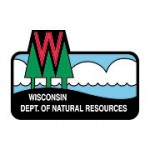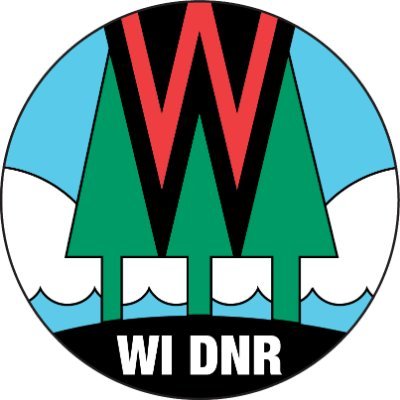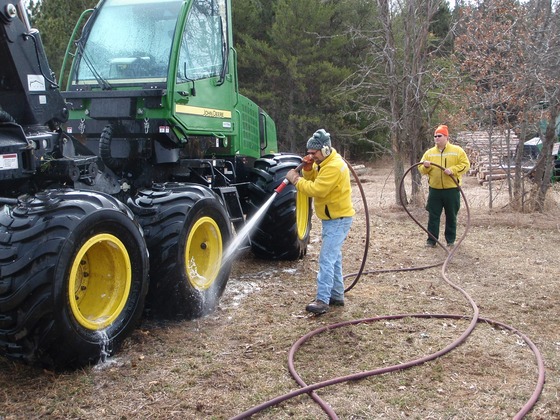DNR and DHS Work Together to Improve Water Quality in Wisconsin
This week the DNR worked with Department of Health Services to ask the health agency to review 40 contaminants for possible groundwater quality standards.
MADISON, Wis. – The Department of Natural Resources announced two new water quality initiatives as part of Governor Evers‘ Year of Clean Drinking Water declaration for 2019.
This week the DNR worked with Department of Health Services (DHS) to ask the health agency to review 40 contaminants for possible groundwater quality standards. This work comes on the heels of the department asking DHS last spring to review an initial 27 contaminants, including two per- and polyfluoroalkyl substances (PFAS). PFAS are a group of human-made chemicals that have been used for decades in numerous products, such as non-stick cookware, fast food wrappers, stain resistant sprays and firefighting foam.
“Governor Evers has declared 2019 the Year of Clean Drinking Water, and that commitment to ensuring safe drinking water for all is reflected in the DNR’s announcements today,” said DNR Secretary Preston Cole. “We are investing in the science of drinking water quality across the state, including studying the important and widespread issue of emerging contaminants like PFAS, because residents should not have to question whether they can turn on their taps and have safe drinking water.”
DHS’s responsibility in this process is to develop recommended groundwater quality standards for the protection of public health that DNR subsequently uses for rule-making. State law outlines the process that DHS follows, ensuring a scientifically rigorous review of available technical information and clarity on how recommended standards are selected. DHS toxicologists develop a support document for each substance summarizing the available information and the justification for its recommendation, to be transparent on the decision-making process. It is through these efforts that DHS provides assurance that Wisconsin’s groundwater standards are based on sound science and are protective of public health.
The DNR also announced the hiring of an environmental consulting firm to help determine the source of contamination affecting two Madison drinking water wells. This work is part of a pilot project being done in collaboration with the city of Madison and the Madison Water Utility.
The DNR plans to spend an estimated $30,000 on inventorying former industrial and commercial activities to help determine the source of PFAS in Well 16, which provides water to part of Madison’s west side, and Well 15, which helps serve the city’s northeast side.
“Everyone deserves clean and safe drinking water, regardless of whether it comes from a municipal source or a private drinking well,” said Cole. “We are committed to work with the city to identify the source or sources for PFAS contamination in these two areas.”
The DNR expects to have the results of the inventory by late summer. Not only will state regulators evaluate the results of the pilot study, officials will scrutinize the methodology used to complete the inventory, with the goal that such knowledge will help inform studies in other locations around the state where PFAS contamination may exist.
As a future effort, the DNR, in collaboration with the city and utility, may elect to take soil and groundwater sampling in the areas of the wells to further identify potential sources.
NOTE: This press release was submitted to Urban Milwaukee and was not written by an Urban Milwaukee writer. While it is believed to be reliable, Urban Milwaukee does not guarantee its accuracy or completeness.























